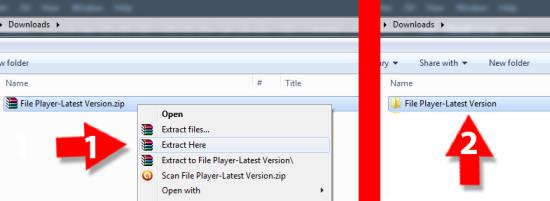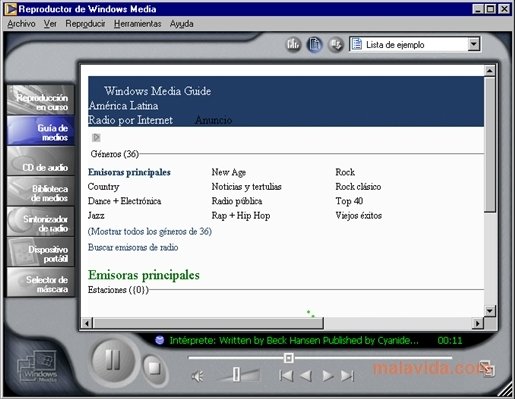

From here, simply click “Remove” for any of the extensions you aren’t using anymore.Ĭhrome has its own built-in Task Manager just like Windows. If you have some extensions that aren’t being used, removing them can free up some RAM.Ĭlick the three-dot menu icon in the top right corner and find “Extensions” under “More Tools.” You can also enter chrome://extensions/ in the address bar. Just like tabs, extensions have their own processes, too. RELATED: Why You Should Use Tab Groups in Your Web Browser Clean Up Unused ExtensionsĮxtensions are a big part of the Chrome experience, so you probably have at least a handful installed. That way you can group them together, collapse the group, and let them go to sleep. If you absolutely must have a bunch of tabs open, you should use Tab Groups. Still, the fewer tabs and windows you keep open, the less RAM will be used. Tabs that haven’t been opened in a while will go to sleep. If you constantly have over a dozen tabs open, Chrome is always going to be using a lot of memory.Ĭhrome does try to manage tabs so they don’t eat up RAM so much. This may seem obvious, but one of the simplest things you can do to ease up on RAM usage is to clean up your browser habits. Some of them do, but it’s not the default behavior for all Chrome apps. Note that not all Chrome apps run in the background. Toggle off “Continue running background apps when Google Chrome is closed.” This will ensure Chrome isn’t using any memory when you have all Chrome browser windows closed. To do that, open the Chrome Settings and go to Advanced > System. You can use the Task Manager to close them manually, but an even better solution is to prevent it from happening at all.

They’ll sit there and eat up memory while you don’t even realize they’re open. RELATED: What Is RAM? Everything You Need to Know Stop Background AppsĬhrome apps can run in the background after you close the browser.

A lot of processes mean a lot of RAM is being used. In short, Chrome splits everything out into its own process and you’re most likely doing a lot of things at the same time. These processes are small, but they add up quickly. Isolating the processes like this way offers better stability, improved security, and better performance with modern multi-core CPUs. What is it about Chrome that makes it use so much memory, anyway?Ĭhrome and other web browsers store every tab and extension in a separate RAM process. Still, it’s something people notice, and it can be a problem. You may not believe it, but Google Chrome actually has gotten less RAM hungry over the years.


 0 kommentar(er)
0 kommentar(er)
